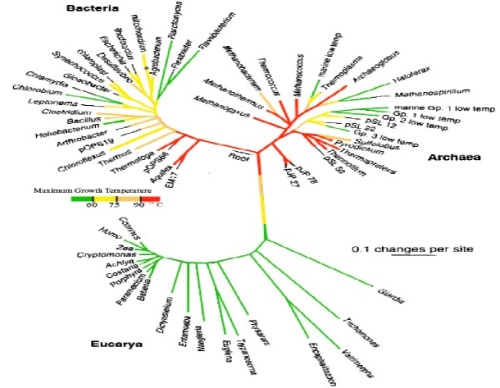 In a New Yorker essay, Elizabeth Kolbert takes at face value the widely reported statistic that “the average level of self-reported happiness, or subjective well-being, appears to have been flat going all the way back to the nineteen-fifties, when real per-capita income was less than half what it is today”. Proceeding from the assumption that these self-reports tell us something about actual happiness, Kolbert, proceeds to muse on the policy implications, quoting ex-Harvard president Derek Bok with approval:
In a New Yorker essay, Elizabeth Kolbert takes at face value the widely reported statistic that “the average level of self-reported happiness, or subjective well-being, appears to have been flat going all the way back to the nineteen-fifties, when real per-capita income was less than half what it is today”. Proceeding from the assumption that these self-reports tell us something about actual happiness, Kolbert, proceeds to muse on the policy implications, quoting ex-Harvard president Derek Bok with approval:
If rising incomes have failed to make Americans happier over the last fifty years, what is the point of working such long hours and risking environmental disaster in order to keep on doubling and redoubling our Gross Domestic Product?
Wait a minute, now. Self-reported happiness has been flat for fifty years despite rising incomes. Self-reported happiness has also been flat for fifty years despite dramatic increases in leisure and environmental quality. (Since 1965, the average American has gained about six hours a week of leisure—the equivalent of seven vacation weeks a year.) So why aren’t Bok and Kolbert asking why we bother to come home from the office, take vacations, and clean our air and water?











 Wall Street quants are always trying to dream up new financial products that nobody’s figured out how to regulate. Sooner or later, I suppose, one of them will come up with a bank account that pays imaginary interest. You deposit a dollar and a year later you get an interest payment of i. That’s not “i for interest”; it’s the square root of minus one. I have no idea what that means for economics, but thinking about it is a good way to understand
Wall Street quants are always trying to dream up new financial products that nobody’s figured out how to regulate. Sooner or later, I suppose, one of them will come up with a bank account that pays imaginary interest. You deposit a dollar and a year later you get an interest payment of i. That’s not “i for interest”; it’s the square root of minus one. I have no idea what that means for economics, but thinking about it is a good way to understand 



 Professor Joseph Weiler, who is
Professor Joseph Weiler, who is 





